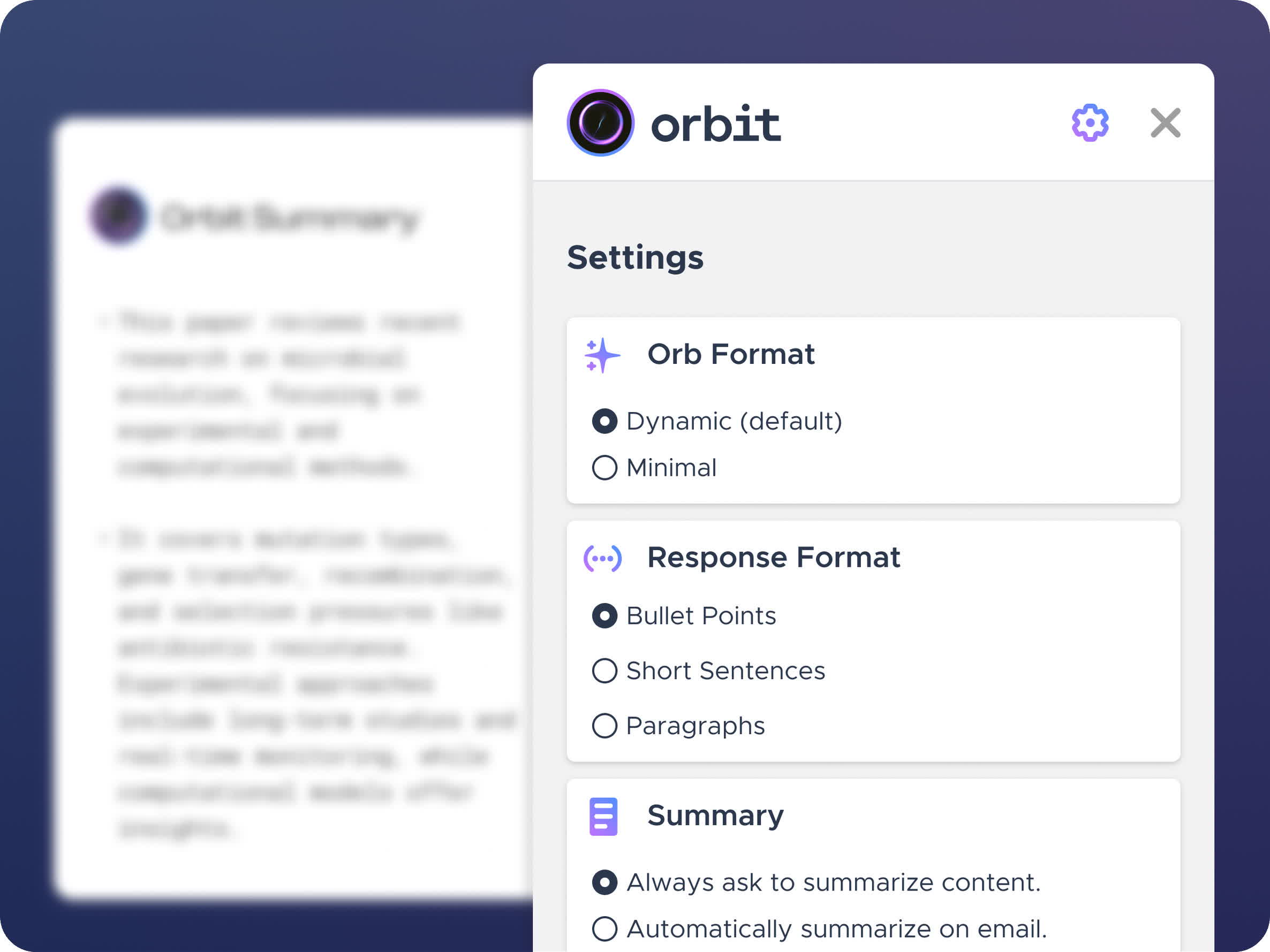Serving tech enthusiasts for over 25 years.
TechSpot means tech analysis and advice you can trust.
A hot potato: Mozilla recently launched its most ambitious AI project to date: a Firefox extension designed to transform lengthy text or even videos into more digestible formats. Orbit, however, comes with an oddly anti-AI introduction, despite Mozilla's confidence that users will embrace the new technology for their browsing needs.
Chrome's recent shortcomings and security issues surrounding Manifest V3 aside, Firefox continues to lose market share to its competitors in the PC browser market. While Mozilla's management is doing well financially, the open-source browser's future could be at risk following the recent antitrust ruling against Google. In response to this precarious situation, Mozilla is integrating more AI into Firefox, though it appears to be taking a different approach compared to other browser makers.
Mozilla's latest AI initiative is called Orbit, a Firefox extension designed to provide concise summaries of emails, web pages, and other lengthy documents. Orbit aims to help users quickly and securely extract essential information, Mozilla explained, without relying on a cloud-based, always-on AI model.
Currently in beta and available only in English, Orbit uses the Mistral large language model (Mistral 7B) and can work on popular websites like Gmail, Wikipedia, The New York Times, YouTube, and more. Users can interact with Orbit by requesting summaries or additional information about content, and the AI will gather relevant context (images, text, videos) to provide an answer.

The extension does not require an account and does not store any information about users' queries. Mozilla stated that the Mistral 7B LLM supporting the service is hosted on its own servers, with queries not shared with Mistral or any other external companies. Each session is unique, and data is not used to train generative AI models.
Orbit's official webpage has a rather passive-aggressive tone, as Mozilla chose to introduce the service with a gimmicky (fake) email promoting AI chatbots, supposedly sent by an "Annoying Friend/Boss/Neighbor." The message seems to suggest that "everyone" is talking about this weird AI thing, so why not explore it in Orbit's safe, web-focused summarization environment.
I found Mozilla's marketing approach to be highly questionable and concerning, especially given the growing issues generative AI poses to workers in various industries and content creators. Meanwhile, many Firefox users (myself included) are asking for long-standing bugs to be fixed or for support of features that other browsers have had for years (like HDR).
But no, it seems Mozilla's developers are more focused on chasing the latest tech trend than addressing the concerns of their user base. So, we're left to embrace AI summaries and possibly hallucinated queries, all while Firefox risks becoming just another meaningless Chromium clone.









 English (US) ·
English (US) ·